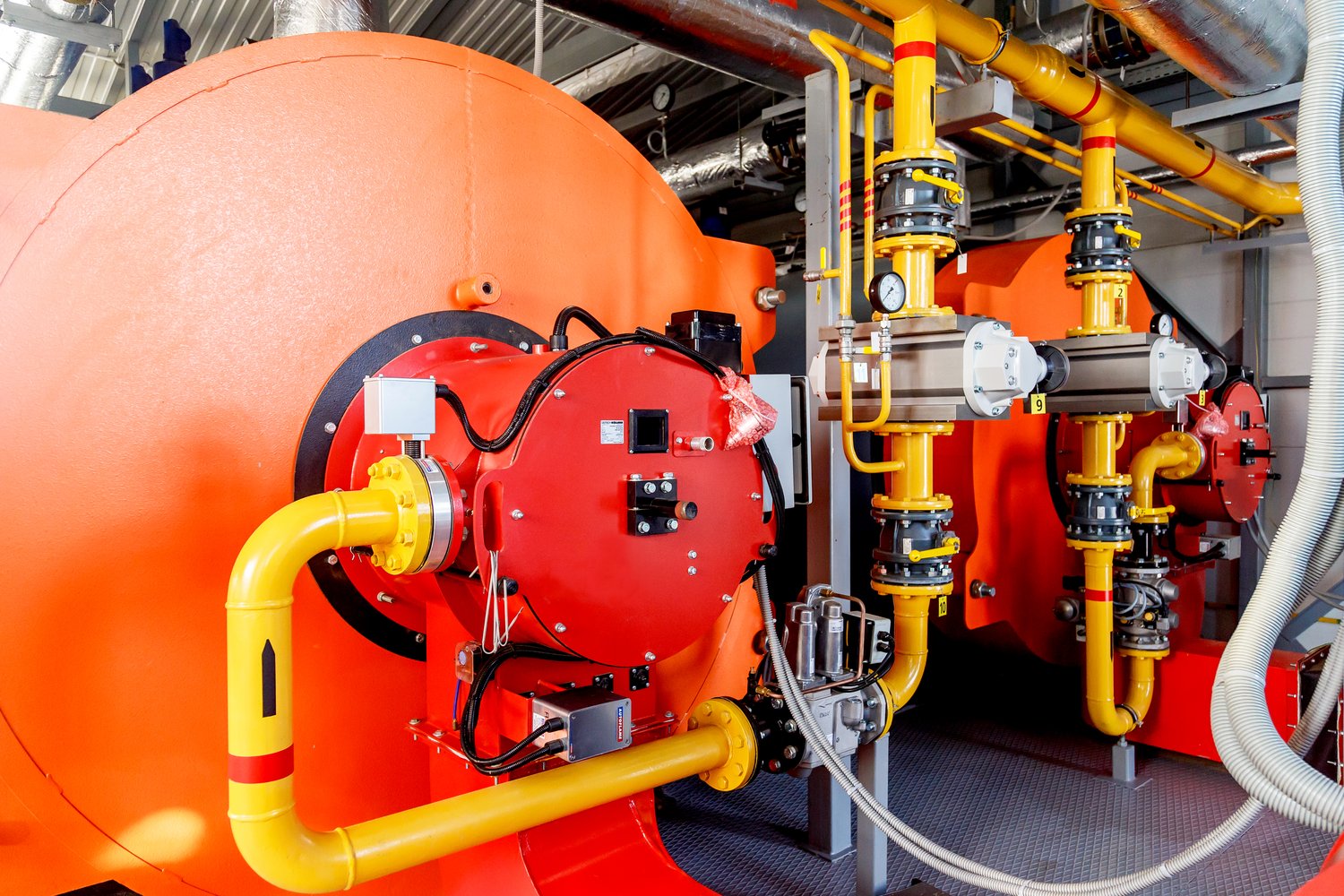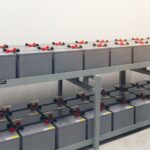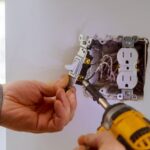Understanding different types of boilers
Boilers and furnaces are essential components of home heating systems. They come in various types, each with unique features and benefits. Gas boilers are popular due to their efficiency and cost-effectiveness. Solid fuel boilers use materials like wood or coal for heating. Electric boilers and accessories offer convenient installation options. Understanding these differences is crucial for making an informed decision.
Advantages of gas boilers for residential use
Gas boilers are widely used in residential settings. They provide instant heat and hot water on demand. These boilers are known for their high efficiency, often reaching 90% or more. Gas is generally less expensive than electricity, resulting in lower operating costs. Modern gas boilers are compact, saving valuable space in homes.
Solid fuel boilers: A traditional heating solution
Solid fuel boilers offer an alternative to gas and electric options. They use renewable resources like wood or biomass pellets. These boilers can be cost-effective in areas with abundant fuel sources. Solid fuel boilers typically have a longer lifespan, often lasting 20-30 years. However, they require more maintenance and manual fuel loading.
Electric boilers: Convenient and eco-friendly options
Electric boilers and accessories are gaining popularity in modern homes. They are compact and easy to install, making them ideal for smaller spaces. Electric boilers produce zero direct emissions, contributing to a cleaner environment. These boilers offer precise temperature control and silent operation. However, electricity costs can be higher than gas in some regions.
Factors to consider when selecting a boiler
Choosing the right boiler depends on several factors. Consider your home’s size and heating requirements. A 24kW boiler typically suits a 3-4 bedroom house. Evaluate the available fuel sources in your area. Boilers and furnaces should match your budget for both initial costs and long-term operation. Energy efficiency ratings, such as AFUE (Annual Fuel Utilization Efficiency), can guide your decision. Don’t forget to factor in installation costs and potential future maintenance needs.
Installation and maintenance tips for optimal performance
Proper installation is crucial for any boiler type. Always hire a certified professional for installation and annual maintenance. Regular servicing can extend a boiler’s lifespan by 5-10 years. Clean or replace filters as recommended by the manufacturer. For solid fuel boilers, ensure proper ventilation and regular chimney cleaning. Keep the area around your boiler clear for easy access and safety.
- Schedule annual maintenance checks
- Monitor your boiler’s performance regularly
- Address any unusual noises or issues promptly
- Keep detailed records of servicing and repairs





